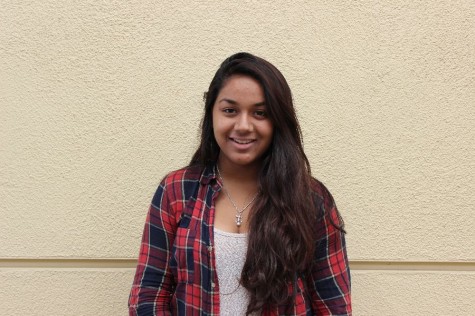Attempting some spring cleaning? How about trying to clean up that Facebook page.
Imagine losing the choice at the college or job of your dreams all because of one silly Facebook post. This seems to be a fairly new reality for many students when applying to schools or looking for work.
“A lot of people upload all these bad photos to seem cool online but what they don’t realize is it won’t seem cool to colleges,” said sophomore Amanda Breasulauer
Posting pictures of underaged drinking or abuse of drugs is a common error many teens make. When uploading a photo one must be careful of the image being created. The best way to go is to think of what a college would say when they saw the pictures.
The consequences of not getting rid of these pictures could end up meaning the loss of a scholarship or job.
Many colleges already have problems with underaged drinking and partying the last thing they’d want would more students who participate in these activities.
Another problem many teens have is using abusive words online. Dropping the F-bomb around friends may be okay and casual, but it unfortunately expresses a lack of formalities.
Jobs are not looking to hire informal people who cannot use proper language to express their feelings.
“I try not to publicly post anything with bad words because I’m friends with a lot of family and I need to watch what I say,” said sophomore Mariko Orii.
The consequences and risks of posting things online are widespread and have become a common mistake made by many teens. The best way to completely prevent any of this from happening is to just not have social networking that can potentially put you in danger.
“I try and stay on the safe side by not having a Facebook so that I don’t have to deal with any issues later on,” said sophomore Hiba Dahbour
Another way to regulate posts and who can view them is to change the privacy settings. By limiting the privacy setting you can change the audience who can view these posts.
At a time when technology plays a large part in everyday life, there needs to be a filter on what is being posted. Without clear boundaries for what colleges and jobs will and can look at in applicants means that online profiles are also considered.
Some people don’t find this as a very fair basis of judgement, “Sometimes what people post doesn’t necessarily portray who they really are and what they stand for, and sometimes they might be tagged in a bad picture when really they weren’t doing anything,” said freshmen Michael Lima.
In the end, the consequences that might be faced are overweight any possible amount of likes, shares, comments, or reblogs. Especially when the thing at risk is your future.

